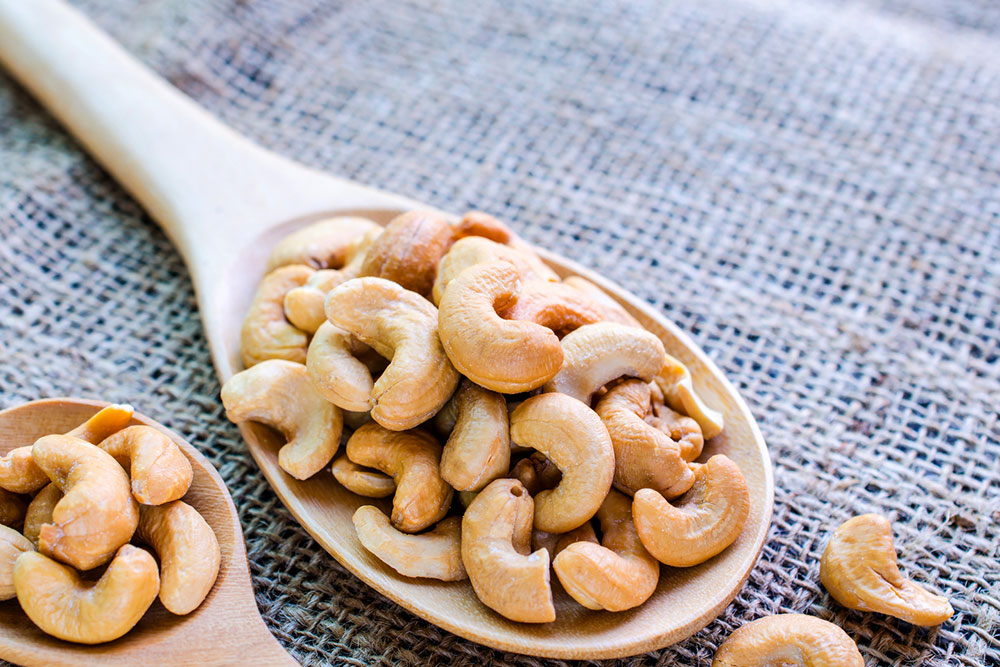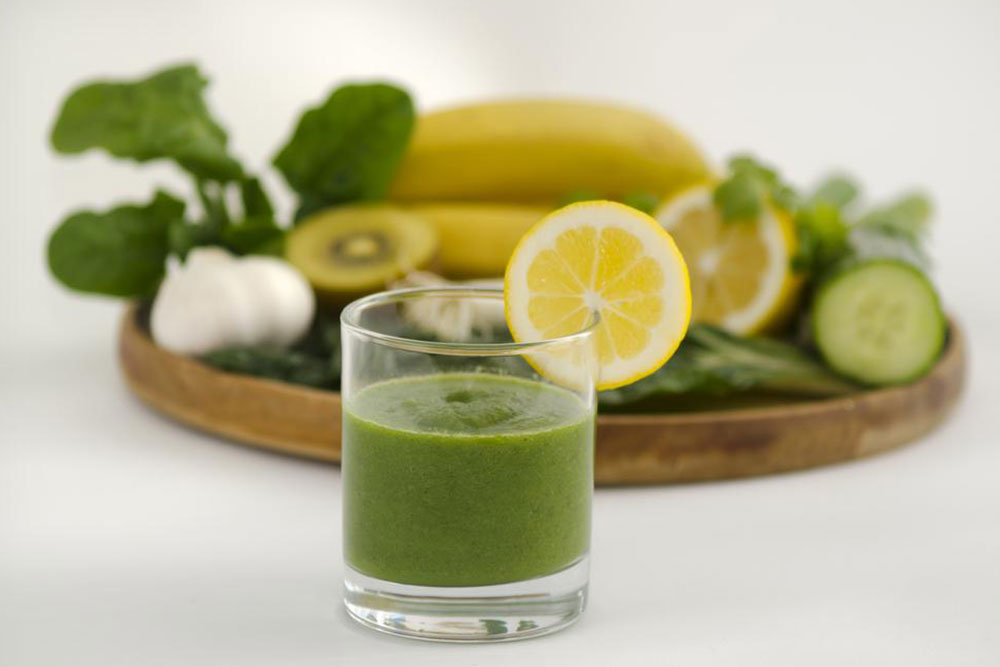Nutritional Strategies to Alleviate Psoriatic Arthritis Discomfort
Discover effective nutritional strategies to manage and reduce psoriatic arthritis symptoms. This guide highlights anti-inflammatory, antioxidant-rich, gluten-free, and Mediterranean diets that can support joint health and overall well-being. While not a cure, proper dietary choices can mitigate flare-ups, alleviate pain, and improve quality of life for those affected by this autoimmune condition.
Dietary Approaches to Reduce Psoriatic Arthritis Symptoms
Typically affecting individuals aged 30 to 50, psoriatic arthritis is a joint condition linked to psoriasis, an autoimmune disorder manifesting as red, scaly skin patches. Around one-third of psoriasis sufferers may develop psoriatic arthritis, with joint symptoms sometimes appearing before skin signs.
Signs and Underlying Factors
Patients often experience joint pain, swelling, and stiffness similar to rheumatoid arthritis. Common signs include swollen fingers, toe pain, foot discomfort, and lower back ache, caused by immune system misfires that attack healthy tissues, leading to inflammation.

Environmental influences and genetics are suspected triggers for immune dysregulation leading to psoriatic arthritis. Certain genetic markers have also been associated.
Is Treatment Available?
Currently, there is no cure, but medications aim to minimize symptoms. Early medical intervention is crucial to prevent disability and manage the condition effectively.
Dietary Recommendations
While diet modifications alone won't cure psoriatic arthritis, they can ease discomfort and reduce flare-ups.
Here are specific dietary patterns involving foods that can aid in managing symptoms:
Anti-Inflammatory Eating Plan
Swelling and joint stiffness can hinder movement and cause pain. Reducing intake of pro-inflammatory foods while increasing anti-inflammatory options can help lessen flare-ups. Omega-3 fatty acids, abundant in fatty fish like salmon and mackerel, play a key role. Other omega-3 sources include tuna, seaweed, and flaxseed oil. Additionally, whole grains like brown rice, quinoa, and barley, along with nuts, spinach, and kale, support inflammation reduction.
Antioxidant-Rich Food Choices
People with psoriatic arthritis often have lower antioxidant levels, which protect cells from free radical damage that worsens inflammation and speeds aging. Fruits and vegetables such as spinach, broccoli, peppers, mangoes, and tomatoes are rich in antioxidants. Seafood, lean meats, eggs, and dairy products also contribute beneficial nutrients.
Low-Fat, Low-Carb, and Sugar Diet
Obesity increases risks associated with psoriasis and psoriatic arthritis, linked to conditions like diabetes and heart disease. Losing weight reduces symptoms. Incorporate low-calorie, fiber-rich vegetables like spinach and kale, along with cruciferous veggies like cauliflower and cabbage, to aid weight management.
Gluten-Free Eating Plan
Research suggests a connection between psoriatic arthritis and celiac disease, an autoimmune disorder triggered by gluten. Eliminating foods containing gluten, such as beans, dairy, meats, and gluten-free grains like rice, corn, and millet, can prevent complications.
Mediterranean Diet
This diet, known for its anti-inflammatory properties, emphasizes fish, vegetables, fruits, legumes, and nuts, while limiting processed foods, sugars, and red meats. Regular consumption of fish and seafood (twice weekly), combined with whole grains and plant-based foods, can alleviate symptoms and improve overall health. Adjustments can be made based on individual preferences.










